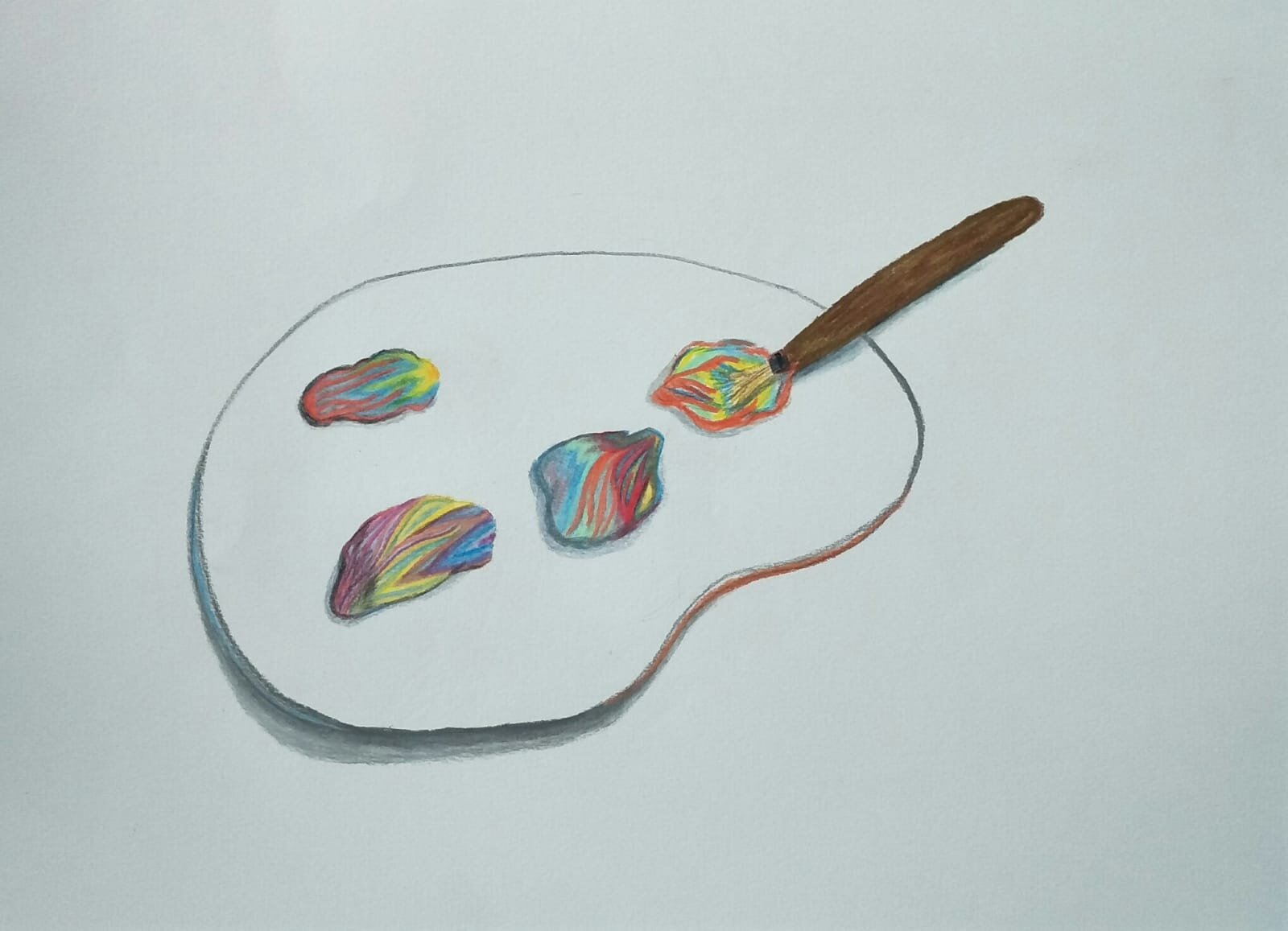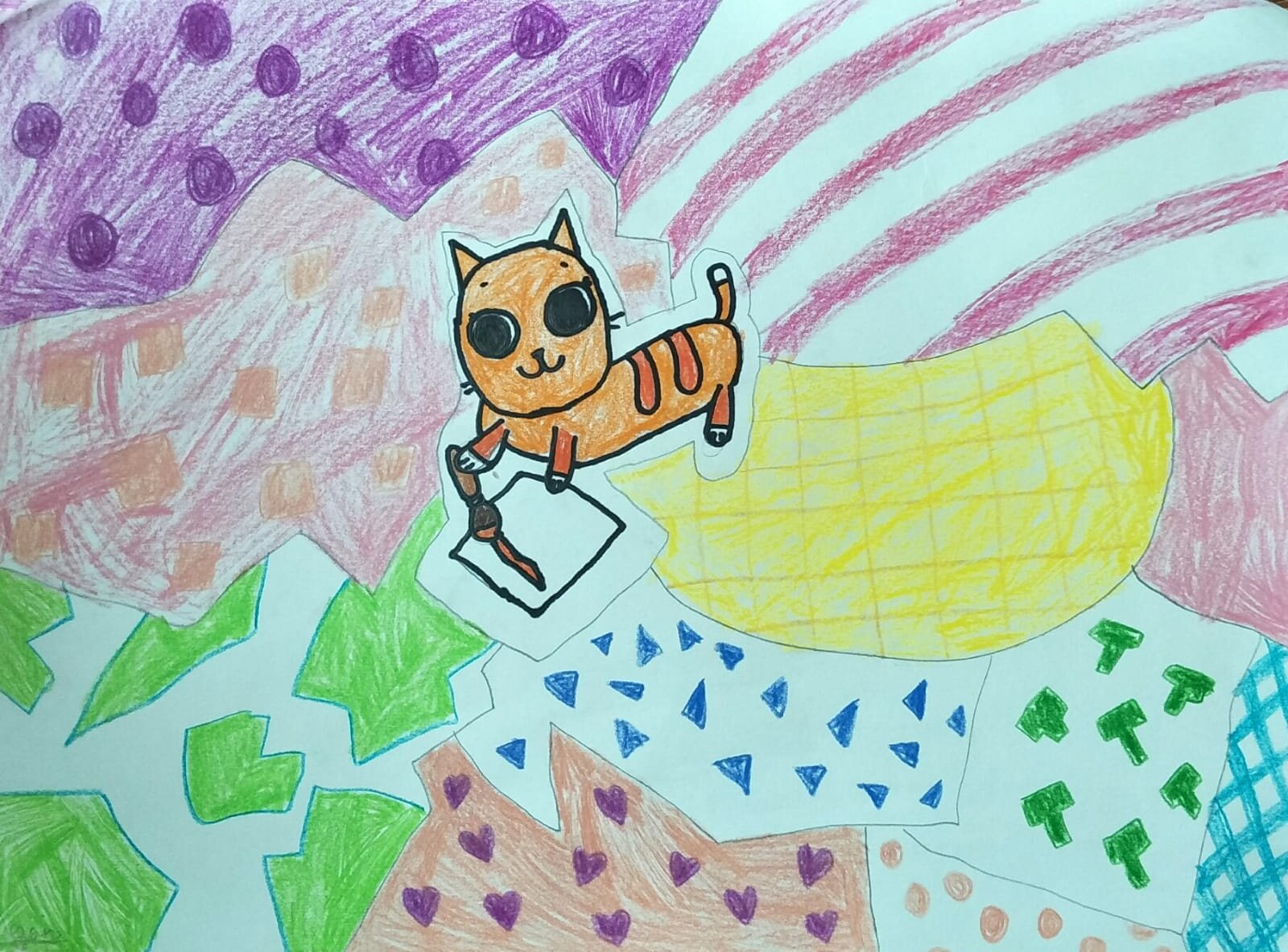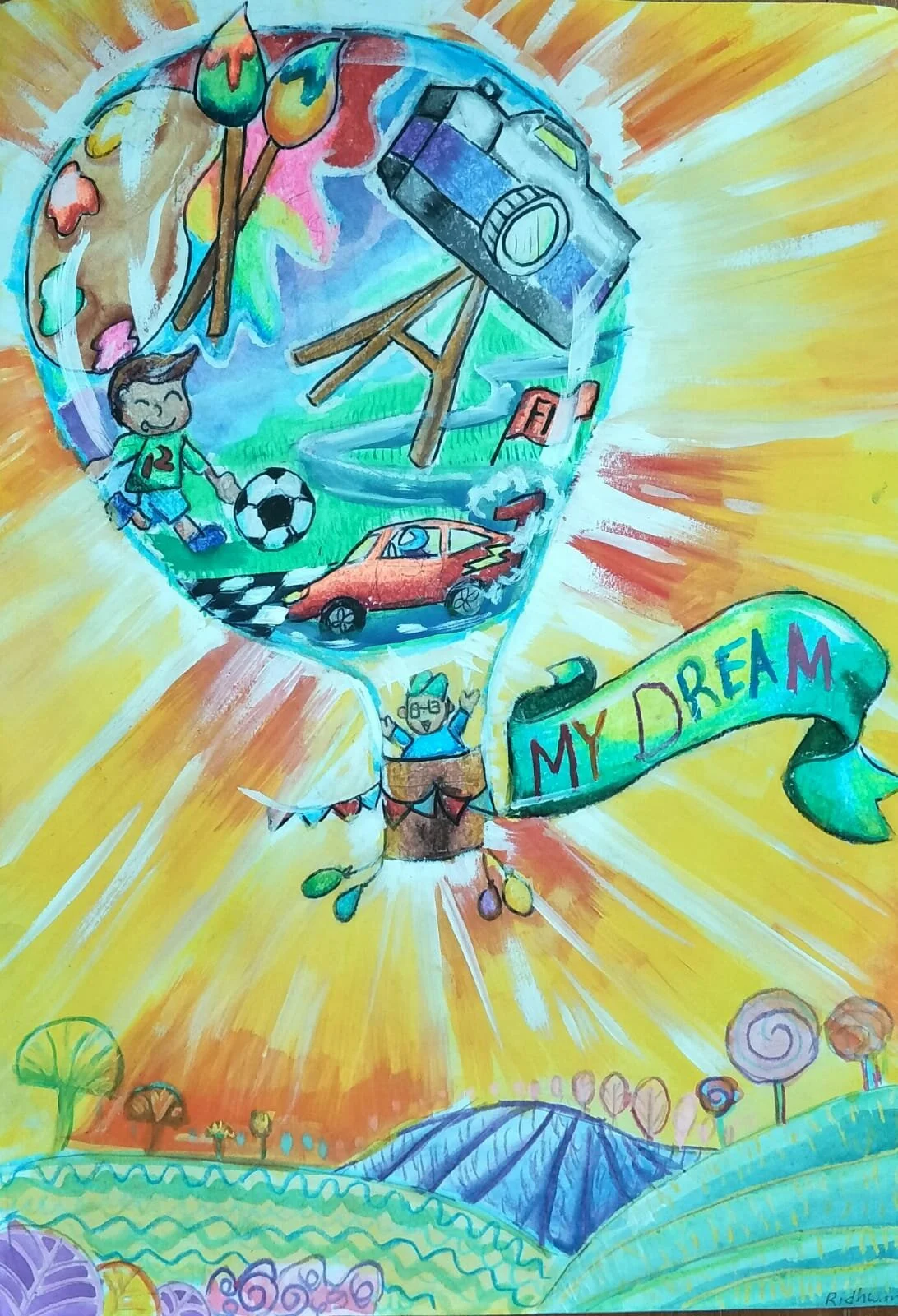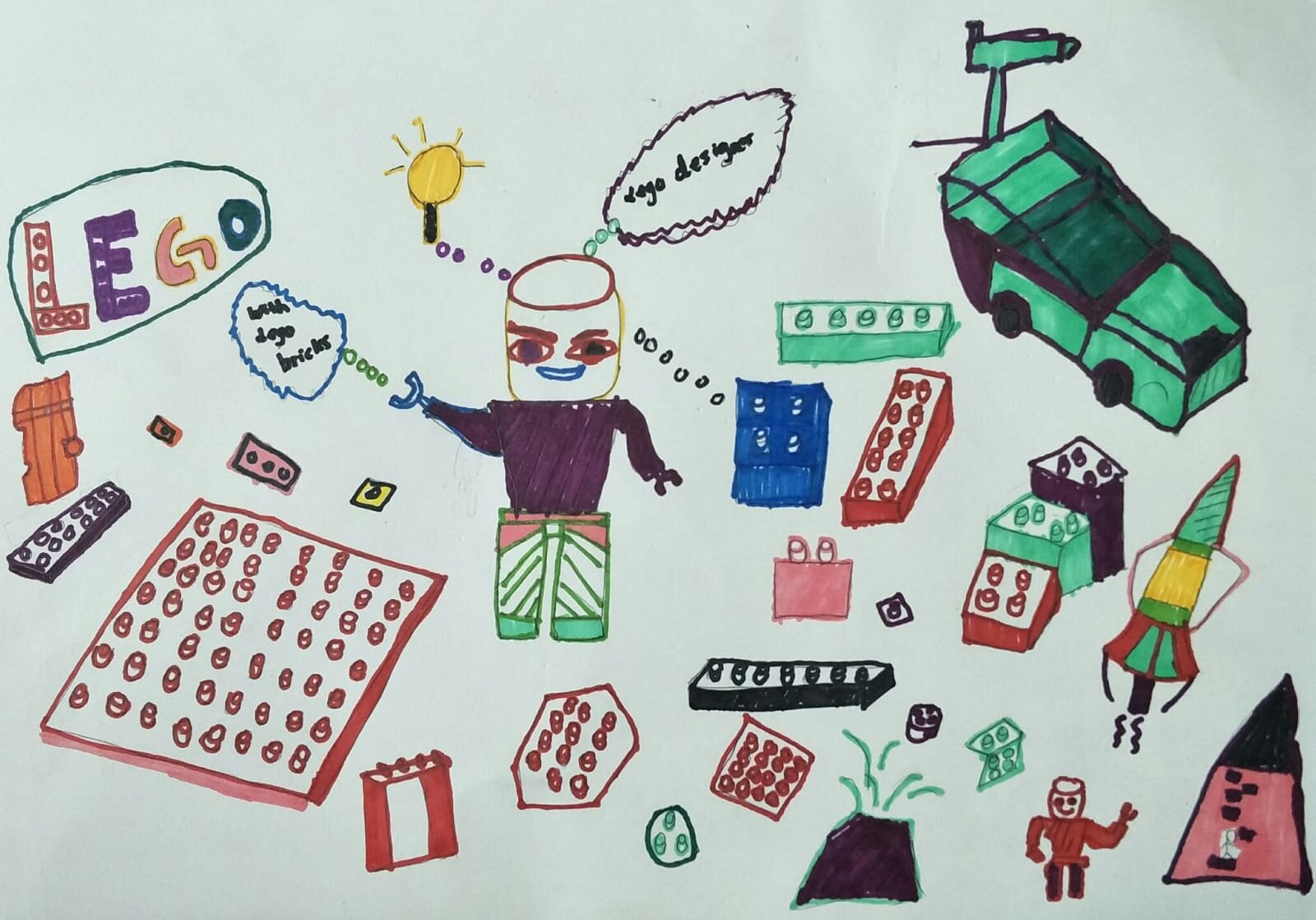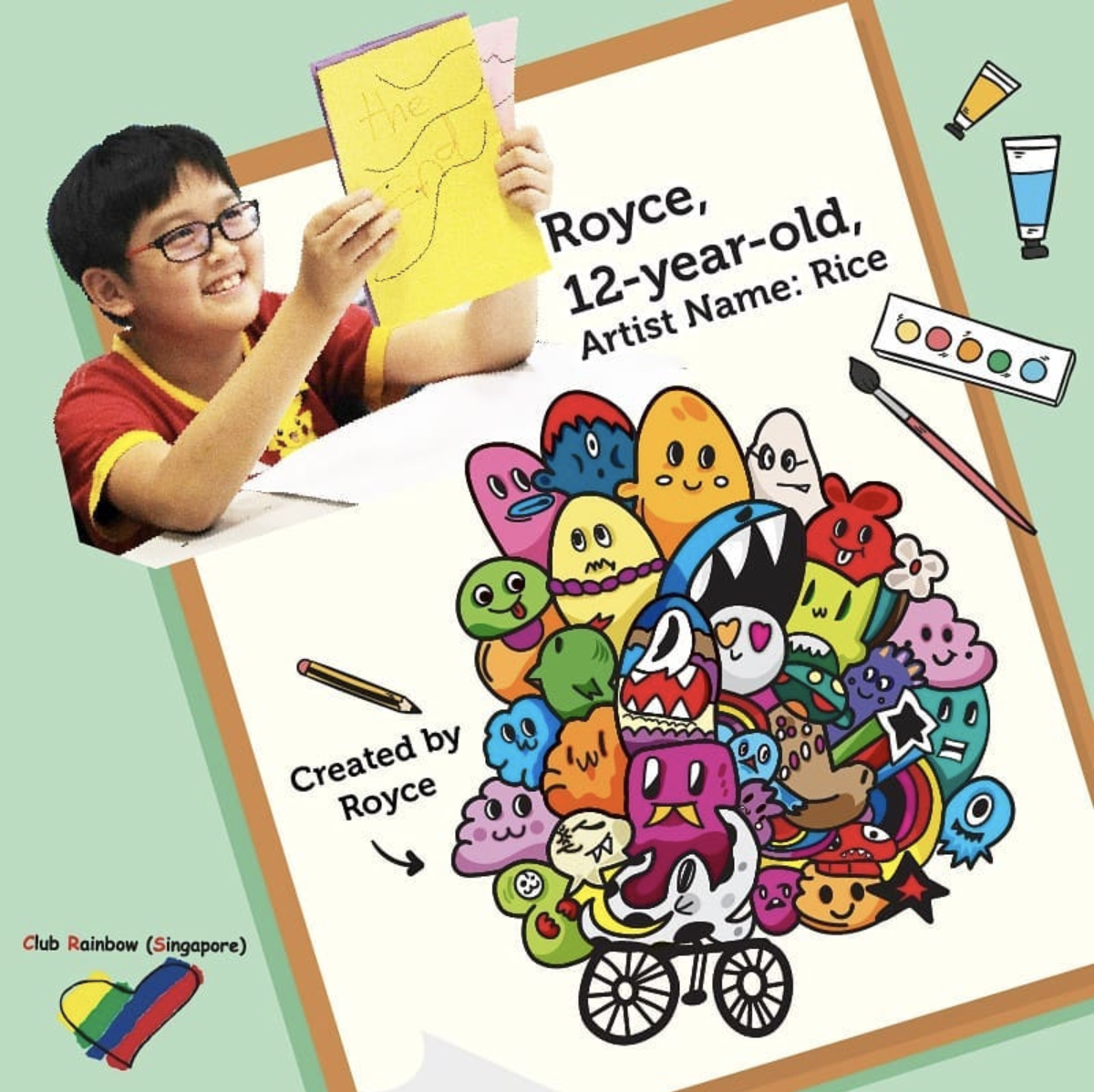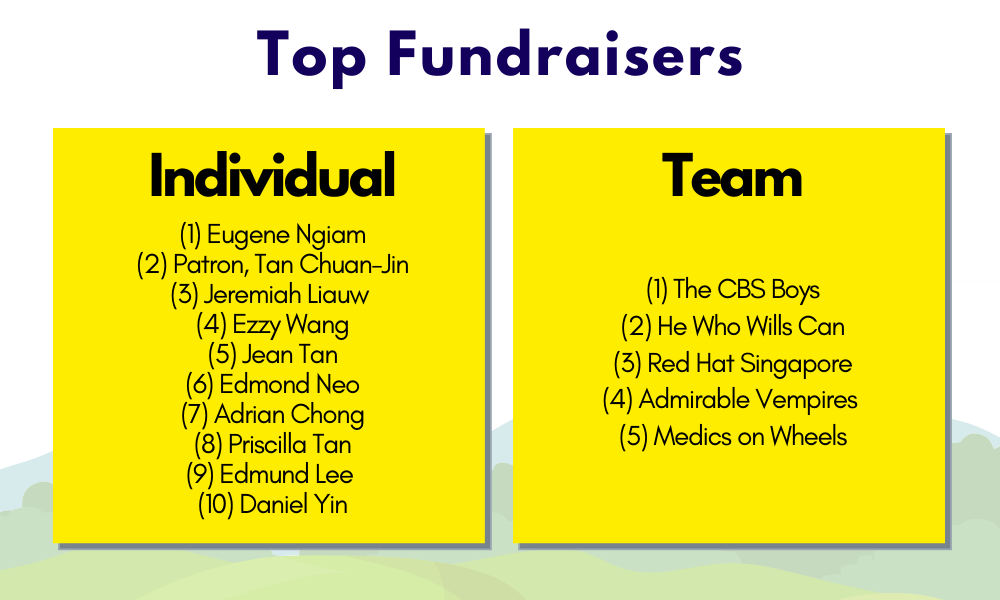By Rachele Foo, Content Contributor
Jannah is seven this year, and just like every other seven-year-old, she started her first year of primary school. There, she makes friends, study hard and participates in physical activities. At home, however, her mother, Mdm Ida, is especially concerned about Jannah’s health. That is because Jannah was diagnosed with Biliary Atresia when she was just one month old and had to undergo a liver transplant at nine months.
What is Biliary Atresia?
Biliary Atresia is a condition where bile ducts become blocked. This results in the bile, which is needed to break down fats during digestion and carry away waste, being unable to leave the liver, damaging it. This condition only occurs in infants, and it is very rare, affecting 1 out of 20,000 infants. The treatment for this condition is the Kasai Procedure which involves removing the blocked bile ducts and connecting the small intestine to the liver. If it is not successful, a liver transplant is needed.
When Jannah was diagnosed with this condition, Mdm Ida felt completely at a loss. She had never expected that her daughter would be sick and had never even heard of or knew of anyone who suffered from this condition. The doctors told her that there were survivors, but she was not fully convinced, especially after seeing how the first operation, the Kasai Procedure, did not make her daughter better. She was also suffering from guilt. She was worried that her having Jannah at a later age was the cause of this. Luckily then, she met another mother who went through what she did and was introduced to a support group where others shared their experiences. There, she learnt that the condition was neither caused by her late pregnancy nor what she did when she was pregnant nor was it hereditary.
As she raised Jannah, one of the greatest challenges that Mdm Ida faced, was having to use a tube to feed Jannah when she was just a baby. She had to muster all her courage and force herself to insert the tube, even as her baby cried and tried to pull it out as she had to ensure that Jannah reached an ideal weight for the liver transplant.
Thankfully, the liver transplant went smoothly, and a while after the operation, Jannah did not need the tubes anymore. However, Mdm Ida remained extremely careful. That is because Jannah falls sick easily, and the symptoms are often more severe, resulting in hospitalisation. This was one of the reasons why going out, something so ordinary for the rest of us, was complicated for Jannah and Mdm Ida. For example, when Jannah was younger, before heading out, Mdm Ida had to ensure that the stroller was fully covered to protect her from the natural elements and germs.
Now, Jannah’s condition is improving, and that is what Mdm Ida is happiest about.
As she looks back, she is grateful for all the support they had received, including the help from Club Rainbow. She was especially thankful for the social worker who went over and beyond to help her reach out to Jannah’s school to ensure that Jannah could borrow a laptop in case of home-based learning. Mdm Ida also looks forward to the activities planned by Club Rainbow, such as storytelling, as she believes that it provides an excellent opportunity for Jannah, allowing her to interact with more children of the same age as well as to gain exposure.
When thinking about the future, though, Mdm Ida is still worried. She worries about who will take care of Jannah when she is gone and about Jannah not having insurance due to her condition. This means that they might have to rely only on subsidies which would create a substantial financial burden.
Lastly, Mdm Ida hopes that there could be greater awareness of Biliary Atresia so that others could understand her situation better and not judge so quickly. Still, she knows that this will take time. In the meantime, she encourages all parents going through similar experiences to stay strong and positive and seek comfort in support groups.
Source: https://www.nuh.com.sg/Health-Information/Diseases-Conditions/Pages/Biliary-Atresia-(Children).aspx




















